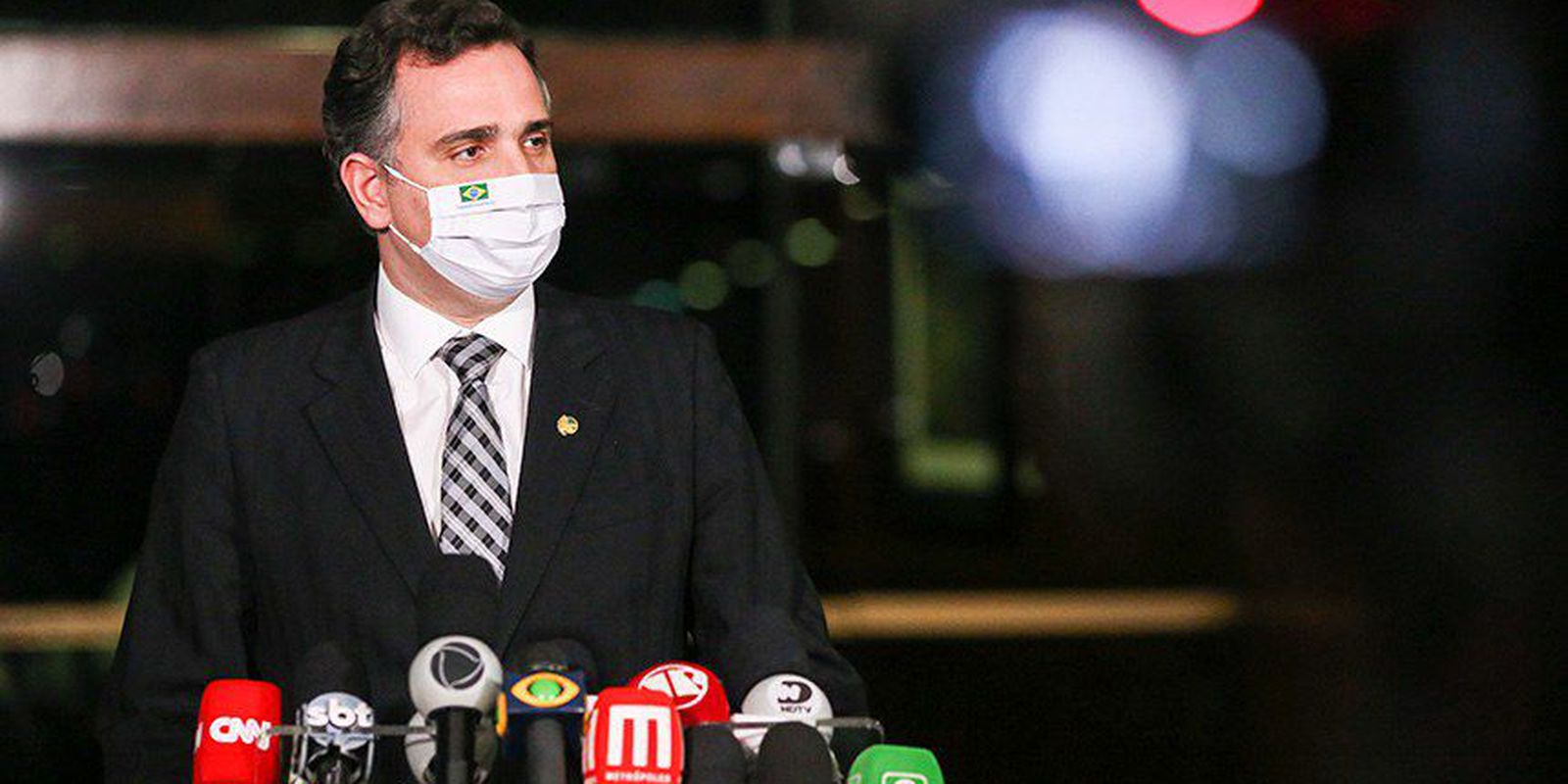The president of the Senate, Rodrigo Pacheco, said today (17) that he intends to put the bill (PL) 1472/21 for a vote in the plenary, which aims to create stability and predictability in fuel prices to, thus, stop the current model. markdown frequent increases at gas stations.
In a note from his press office, he said that he will submit the decision to the College of Leaders, in February, to decide whether or not to consider the project. Pacheco already has a right name for the project’s rapporteur, Senator Jean Paul Prates (PT-RN).
The project foresees the formation of prices of fuels derived from petroleum having as reference the average quotations of the international market, the internal costs of production and the costs of importation. The idea of the project, authored by Senator Rogério Carvalho (PT-SE), is to “protect consumer interests, reduce external vulnerability and constant changes in internal prices”.
Carvalho is critical of the current formula for calculating fuel prices, based on International Price Parity (PPI). “It is clear that the adoption of the PPI has consequences for the entire economy, to the detriment of the most vulnerable. In this sense, the need to debate Petrobras’ pricing policy, the way in which it encourages imports and alternatives to it, is reinforced,” he said.
The National Congress returns from recess on February 2 and this is a topic that should be on the parliamentarians’ agenda.
There is also another project on the subject being processed at the House, PL 3.450/2021. It prohibits the linking of oil-derived fuel prices to the prices of the dollar and the barrel of oil on the international market. According to the text, Petrobras could not link the prices of oil-derived fuels such as diesel oil, gasoline and natural gas.
The author of this second project, Jader Barbalho (MDB-PA), recalled that Petrobras’ pricing policy adopted in 2016 links the dollar exchange rate to the price of fuel paid by consumers. “That is, when the dollar is high, the price of a barrel of oil also rises, directly impacting the price of Brazilian fuel.”
*with information from the Senate Agency
















